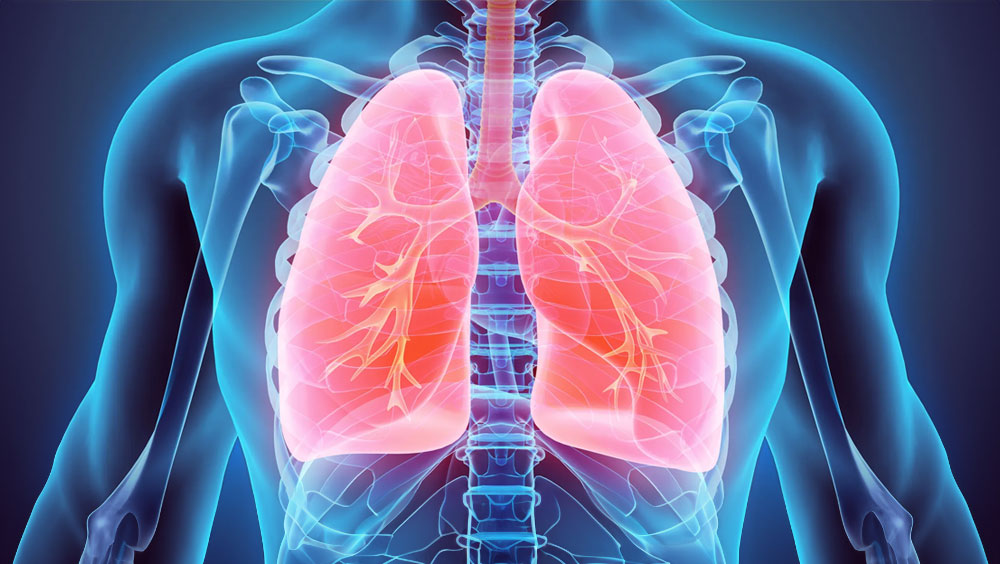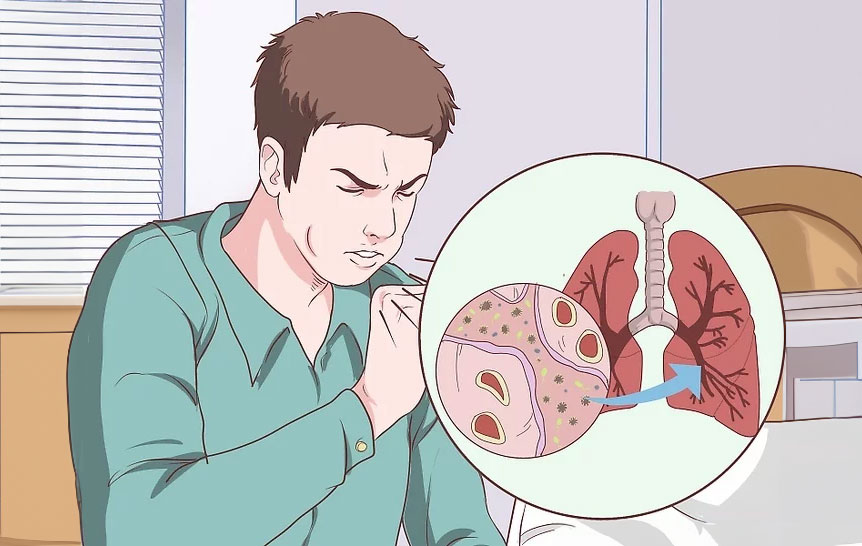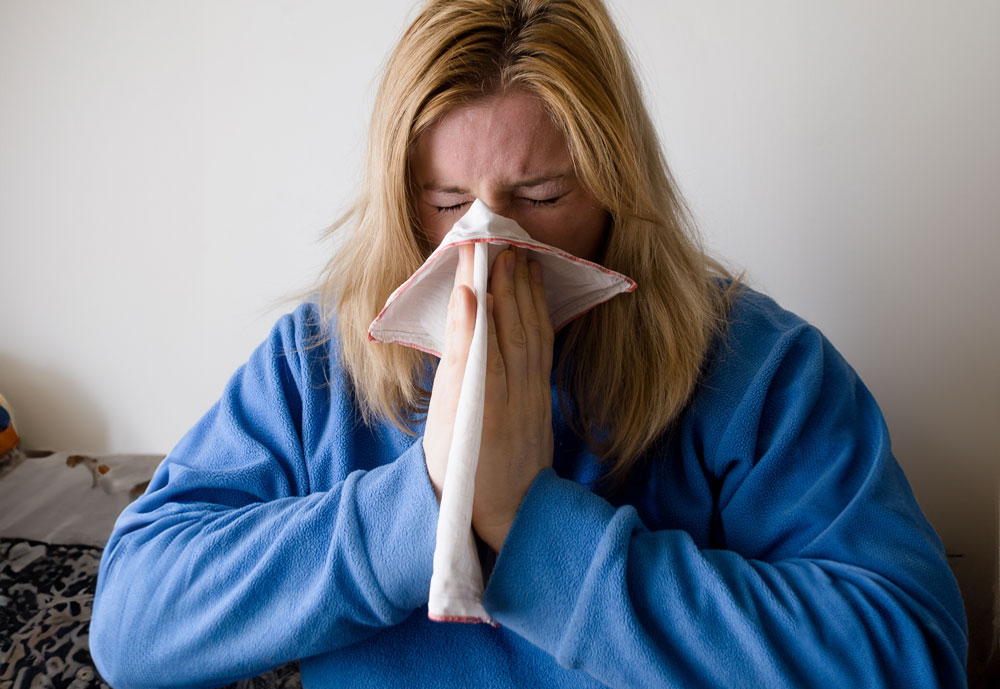Bronchitis, a respiratory condition that often leaves sufferers breathless in more ways than one, can be both challenging and uncomfortable to manage. This comprehensive guide delves into the intricacies of bronchitis, offering a thorough understanding of its symptoms, causes, and a range of effective treatments. Whether you're navigating the wheezy roads of persistent coughs or seeking the best strategies for relief and recovery, this article aims to be a 'breath of fresh air', providing essential insights. From practical tips on managing day-to-day symptoms to making crucial lifestyle changes for long-term health, our goal is to equip you with the knowledge and tools necessary for dealing with bronchitis effectively, ensuring better respiratory health and quality of life.
Bronchitis Signs & Symptoms

Symptoms

Bronchitis is a condition where the bronchial tubes, the main airways into your lungs, become inflamed due to infection or other irritants. This inflammation causes a reduction in airflow to and from the lungs, leading to various symptoms. There are two primary forms of bronchitis: acute and chronic. Acute bronchitis is usually a temporary condition often following a cold or respiratory infection, while chronic bronchitis, a more serious and long-term condition, is often caused by environmental factors such as smoking and is a form of chronic obstructive pulmonary disease (COPD). Understanding the differences between these types and recognizing their symptoms is crucial for effective treatment and management.
Production Of Mucus
Fact: Increased mucus production is the body's way to trap and expel irritants, viruses, and bacteria from the respiratory tract.

Mucus production is a typical response of the body to an infection in the bronchial tubes. The mucus traps irritants and helps to clear them from the lungs. The amount and color of the mucus can vary significantly. While clear mucus is normal, yellow or green mucus can indicate a bacterial infection, and blood-tinged mucus may be a sign of a more serious condition. Understanding these variations can be key in determining the severity of bronchitis and whether a doctor's visit is necessary. It's also important to note that while mucus production is a natural defense mechanism, excessive or prolonged production should be evaluated by a healthcare professional.

